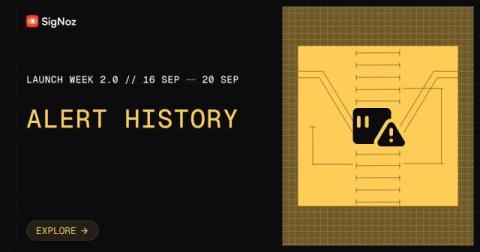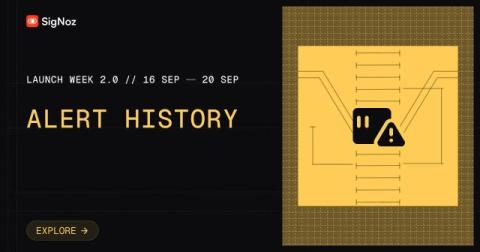How Effective are Your Alerting Rules?
Recently, I came across this Reddit post highlighting the challenges of having ineffective alerting rules: And, here at OnPage we have experience with various companies who have dealt with just that, so I felt I should share some of our top tips for creating effective alerting rules in this blog. Read on to discover…











